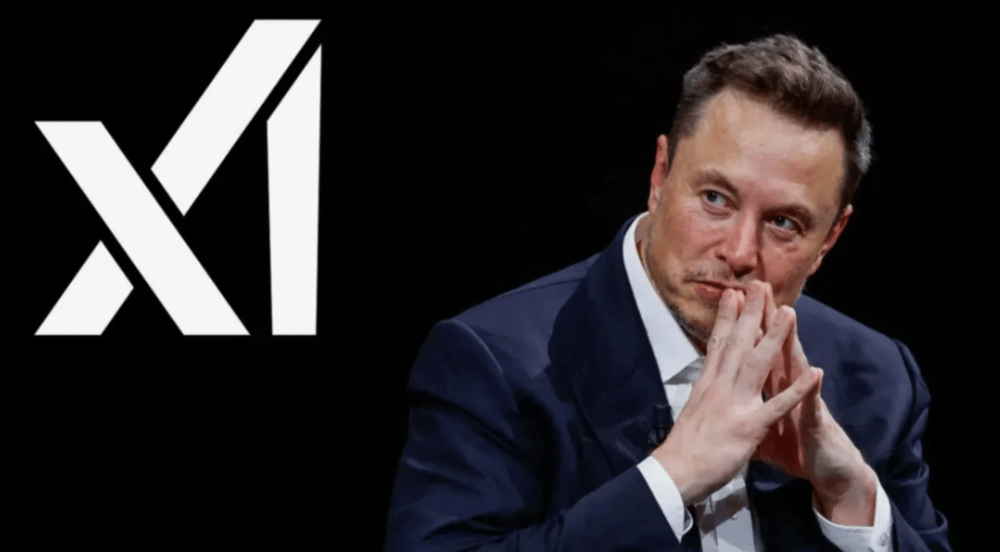FTC Targets Media Matters in Probe Linked to Ad Boycotts and Elon Musk's X
The U.S. Federal Trade Commission (FTC) has launched an investigation into Media Matters for America, a progressive media watchdog, requesting documents related to potential coordination with other organizations overseeing misinformation and hate speech online. The request follows accusations from Elon Musk, owner of X (formerly Twitter), that these groups orchestrated advertiser boycotts of the platform.
The civil investigative demand reviewed by Reuters seeks to uncover the nature of Media Matters' communication with organizations such as the World Federation of Advertisers’ initiative — the Global Alliance for Responsible Media (GARM). These inquiries are part of a wider probe into the influence exerted by advocacy groups on corporate advertising decisions tied to social media content moderation and platform reputations.
Analyzing the Implications of the FTC’s Request
The FTC’s demand signals a significant shift in how regulatory bodies are approaching third-party accountability entities that monitor media and social platforms. At stake is the balance between corporate social responsibility and perceived political or ideological bias in content moderation campaigns.
X Corp. has filed lawsuits against both Media Matters and GARM, claiming that their reports misrepresented the platform’s advertising ecosystem and caused reputational damage. The FTC is now evaluating whether these organizations collectively influenced commercial decisions by advertisers — a legal gray area that intersects antitrust concerns with free speech debates.

Facts Shaping the Controversy
Agency Involved: Federal Trade Commission (FTC)
Organization Under Investigation: Media Matters for America
Document Request Focus: Communications with oversight groups on misinformation and hate speech
Key Partner Named: Global Alliance for Responsible Media (GARM)
Platform Filing Lawsuits: X (formerly Twitter)
Owner of X: Elon Musk
Allegation: Coordination of advertiser boycotts
Market and Legal Repercussions Gaining Momentum
The investigation comes amid heightened tensions between digital platforms and watchdog groups. Elon Musk’s stewardship of X has been marked by aggressive efforts to reposition the platform as a champion of "free speech," often clashing with content moderation norms and advertiser expectations.
The broader advertising ecosystem, including major consumer brands, increasingly faces pressure from both activist organizations and shareholders to align marketing strategies with corporate values. The potential for regulatory blowback, such as that being signaled by the FTC inquiry, adds another layer of complexity to how brands choose platforms for digital spend.

Developments Widening the Scope
Legal Expansion: The FTC’s inquiry could trigger broader investigations into other watchdog groups and media alliances.
Platform-Advertiser Friction: Legal and public relations risks may reshape how advertisers assess platform reputations.
Regulatory Precedents: This probe may establish boundaries on acceptable influence in brand safety coalitions.
Litigation Strategy: X’s lawsuits seek both damages and public vindication amid declining ad revenue.
Media Accountability Evolution: The case raises new questions about transparency, oversight, and bias in watchdog roles.
Regulatory Oversight Meets Media Activism in the Age of Polarized Platforms
The FTC’s engagement in what has primarily been a civil and reputational battle between X and media watchdogs marks a turning point in how institutional power is applied to digital advertising and platform governance. Whether the probe substantiates claims of coordinated market manipulation or reveals systemic tensions in modern media oversight, its outcome will likely influence how advocacy groups, platforms, and advertisers interact moving forward.
As legal battles unfold and investigations deepen, the intersection of tech, media, and regulation continues to evolve into one of the defining battlegrounds of the digital age.















Comments
Strategic partnerships are clearly driving innovation to entirely new heights